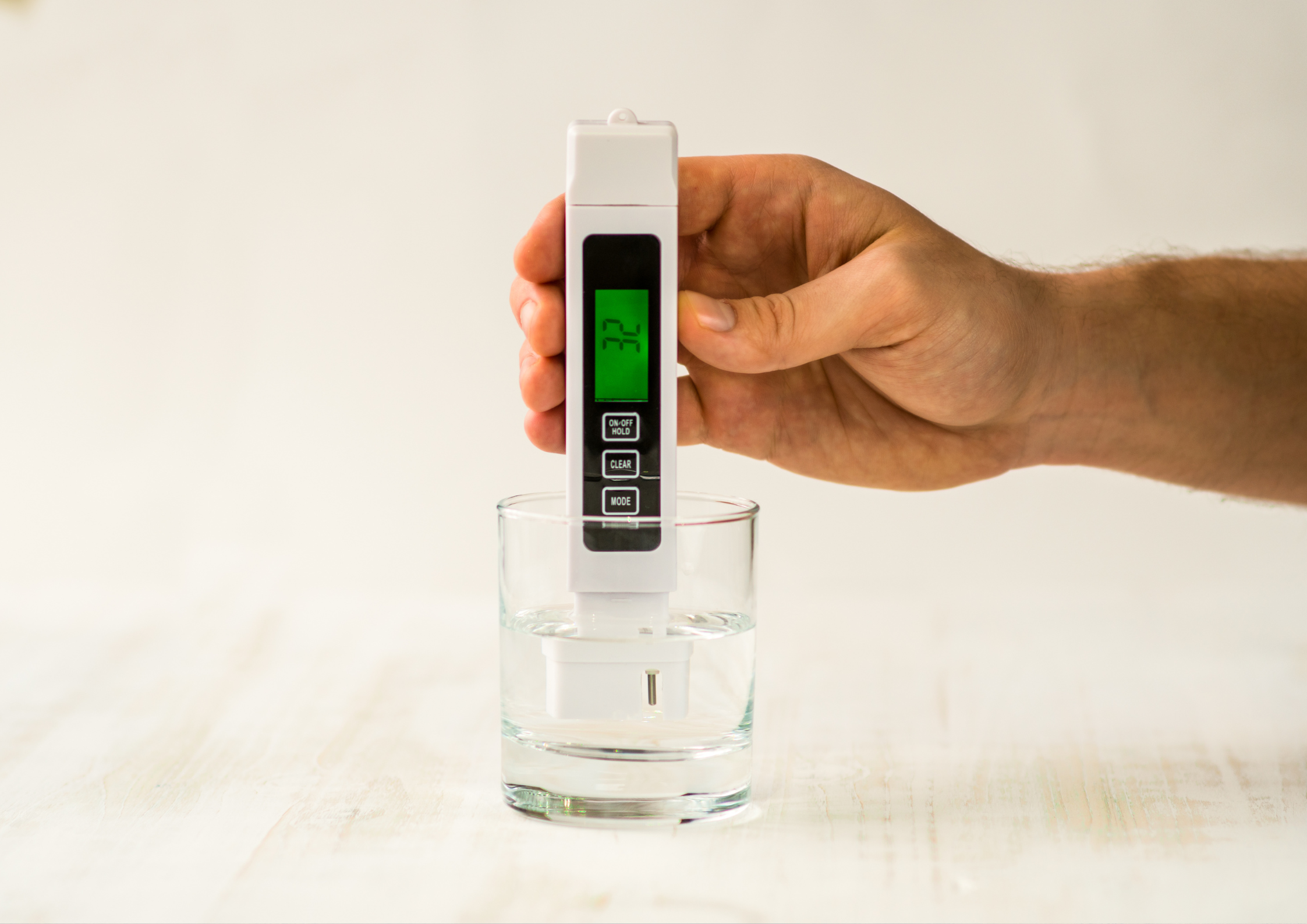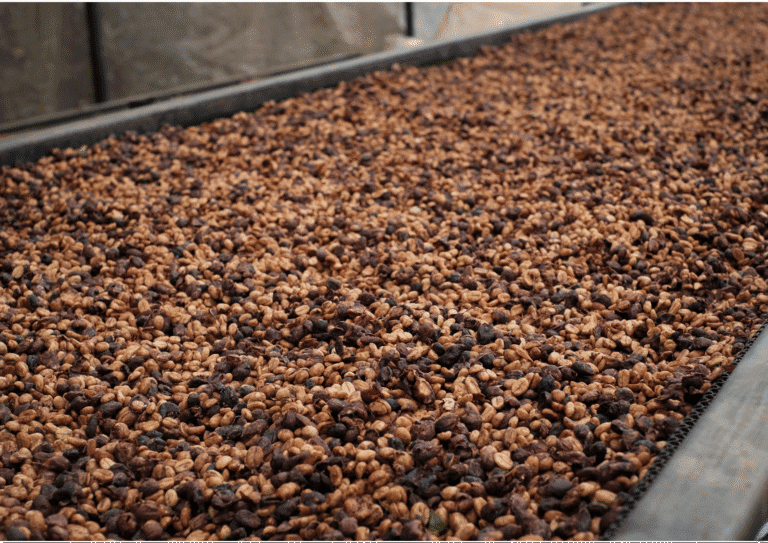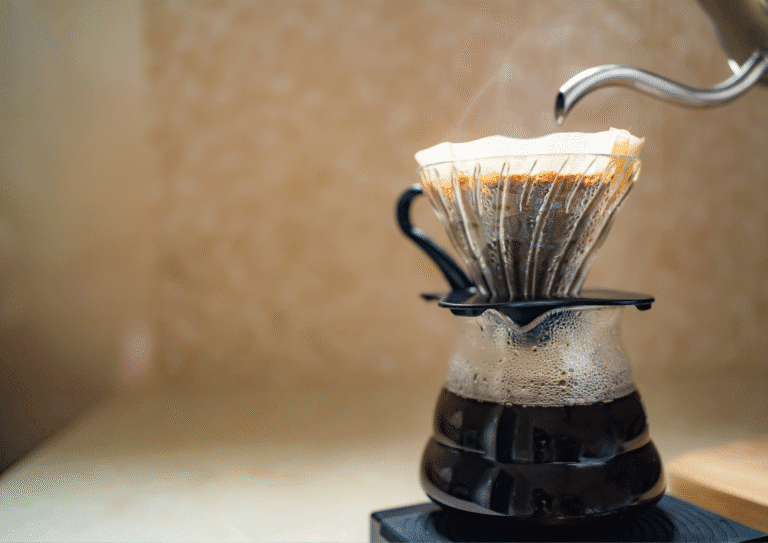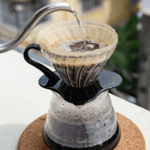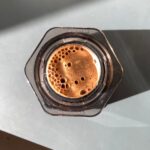Hey Guys!
Welcome back. Today, we’re going to discuss water quality and how to achieve the best cup of coffee possible. Consider this: coffee is mostly water, so having optimal water quality will significantly enhance the sensory experience.
So, let’s get started
Water might be the most underrated ingredient in your cup of coffee.
When we make our beautiful cup of coffee, we obsess so much over origin, roast profile, brew ratio, and grind size. But the thing that is neglected a lot of the time is water; we think tap water in our area is good, or the bottled water from the local store is good, too. But have you ever tried tasting the differences between a filter coffee brewed with your local tap water and a coffee brewed with calibrated mineral-balanced water? If you have, you’ll probably know that the difference is beautiful!
This article will dive deep into the role good water plays in speciality coffee. We will look at how different water compositions effect flavour, what the ideal water profile looks like, and some of the tools and innovations that are available to help you up your brewing game at work or at home! Trust me, understanding water quality is a very valuable asset when it comes to brewing coffee.

Why Water Quality Matters More Than You Think
About 98% of a filter coffee is water. Which means it carries most of the cup’s flavour!
Coffee is a very complex drink that is made up of thousands of aromatic compounds and oils, and water being the solvent that extracts those compounds from the ground coffee. The mineral content and chemistry of your brewing water will determine how much and what kinds of compounds are extracted.
For example, if your brewing water is too soft (low in minerals), it can lead to under-extraction. The final brew may taste empty, sour or overly bright. On the other end, if your brewing water is too hard (high in minerals like calcium and magnesium), it may over-extract, making the coffee taste bitter, burnt or flat.
Getting the water right isn’t just about taste, either—it also protects your equipment. Hard water causes scale build-up that can clog espresso machines and kettles, while soft or acidic water can corrode metal parts.
The Ideal Water Composition for Coffee
The Speciality Coffee Association (SCA) has defined ideal parameters for brewing water:
- Total Hardness: 50–175 ppm (as CaCO3)
- Alkalinity: 40–75 ppm
- pH: 6.5–7.5
- Total Dissolved Solids (TDS): 150–250 ppm
Within this range, there’s still room to experiment. Some brewers prefer more magnesium for enhanced fruitiness, while others prioritise alkalinity to balance bright or acidic coffees. The key is consistency—once you dial in a water profile that works for your favourite coffee, stick to it.
How Water Affects Flavour in the Cup
Think of minerals as flavour filters. Calcium tends to enhance the body and structure of the cup. Magnesium is often praised for its ability to bring out clarity and acidity. Bicarbonates buffer the acidity and control the brightness, which can either smooth out or dull your brew depending on concentration.
When water chemistry is in harmony with the coffee, you get a sweet, clean, and complex brew. With the wrong water, you can lose subtle florals or introduce off-notes like muddiness or metallic aftertastes. This becomes even more noticeable in pour-over or filter methods where there’s no milk or sugar to mask flaws.
Jonathan Gagné, in The Physics of Filter Coffee, explores how extraction physics depends on water’s ability to permeate the grounds and dissolve solubles. He details how certain mineral compositions influence flow rate and saturation, ultimately affecting flavour development.
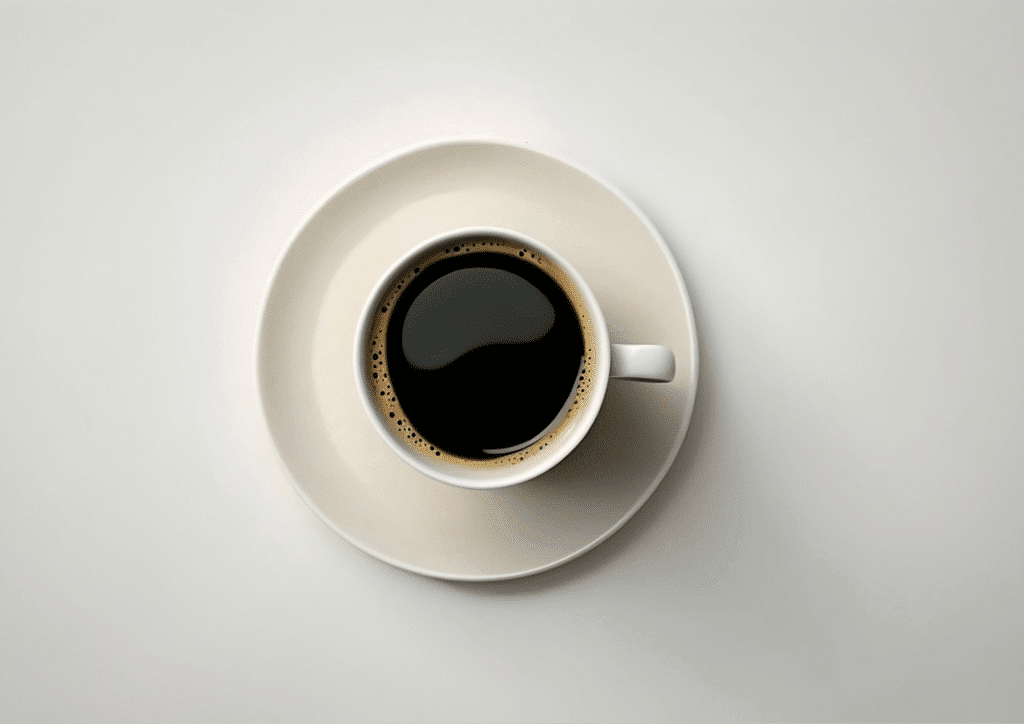
Innovative Water Solutions
Luckily, you don’t need to be a chemist to brew with great water. You can easily do it at home like I do, and it’s easy enough to understand.
1. Bluewater’s Café Station™
Bluewater is setting new standards in the service industry with its high-capacity water purification systems. Their Café Station™ removes up to 99.7% of contaminants, including microplastics and heavy metals. The kicker? Their Liquid Rock® technology reintroduces optimal mineral content, giving you customizable water that protects your machines and enhances flavour. They also offer a home attachment for your taps to purify your household tap water. But I would say blue water is more for the commercial coffee environment who want to up their water recipe development.
2. Apax Lab Mineral Drops
Apax Lab takes a different approach. Their pre-measured mineral concentrates let you build your ideal water from scratch, using distilled or demineralised water as a base. It’s a perfect solution for cafes with varying water sources or home brewers who want total control. Want more magnesium for your fruity, natural Ethiopian? Just add a few drops to your water and you’ll never go back!
DIY Water: Recipes and Resources
If you’re a hands-on learner, you’ll love Barista Hustle’s water guides. Their DIY water recipe method uses a two-part solution approach—Part A and Part B—to create your ideal profile using distilled water.
- Part A contains magnesium sulfate (Epsom salt).
- Part B contains baking soda (sodium bicarbonate).
Using a simple scale and some empty bottles, you can mix and match to simulate everything from SCA spec water to bespoke profiles tailored to a specific origin or roast. It’s a fun, nerdy, and deeply rewarding exercise.
How to Test and Adjust Your Water at Home
Start with a basic TDS meter, which gives you a rough idea of how mineral-rich your water is. Then, consider a full water testing kit that includes strips or drops for hardness, alkalinity, and pH.
If your water is way off spec, consider:
- Bottled options: Look for waters like Volvic or Waitrose Essential (UK), which are fairly balanced for brewing.
- Filtration systems: An under-sink filter or reverse osmosis (RO) unit with remineralisation.
- Mineral kits: Like Apax Lab, Lotus Water, or Third Wave Water.
Summary
You can spend years dialling in your roast curves, perfecting your bloom technique, or obsessing over extraction yields—but if your water isn’t right, you’re starting at a disadvantage.
At Caretta Coffee, we believe great coffee starts with respect for every variable—from farm to filter. Water might not be the sexiest topic, but it’s foundational. If you care about sweetness, clarity, balance, and body, then it’s worth getting your water just right.
So next time your coffee feels “off,” don’t rush to blame the beans or your grinder. Look to the water. It might just be the missing piece.
I hope you’ve enjoyed this post and it’s helped you up your brew water fundamentals!
We’ve got some special things on the way, so be on the lookout here at www.carettacoffee.com or be sure to keep up to date on our social pages here
Until next time! We’ll catch you on the next one!
